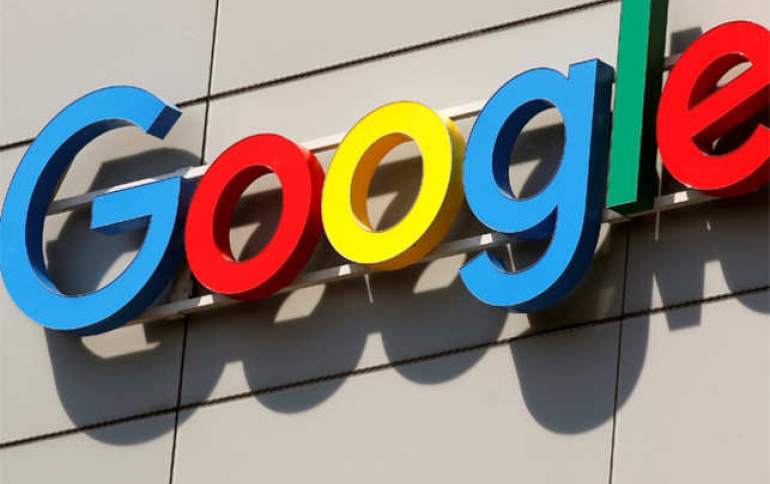
Google Publishes List Of Changes In Search, Adsense, Adwords
Following three rounds of negotiations, Google has reached an agreement with the European Commission that addresses its competition concerns and has published online the commitments it made to settle case.
Commissioner Almunia announced at a press conference last week, the changes are related to Google's AdSense program, the AdWords API terms, the way Google will use website content in search and changes in the way the search results are displayed.
Specifically, Google says that the new AdSense terms will make it easier for publishers to place ads on their sites from multiple providers.
Changes to Google's AdWords API terms will allow software providers build tools for advertisers to manage campaigns across platforms.
Changes on Google's UI in search will give rival services prominence on the search results pages.
Google's suggested changes had been through two separate "market tests" which enabled the Commission to hear directly from a number of Google's competitors. In response to their feedback, Google made two rounds of further changes to its initial proposals. But this time the EC decided not to conduct a full market test which would have involved circulating it to around 125 interested parties and inviting them to submit comments, but would instead send the details only to the complainants.
The EC's decision has angered some parties, including lobby groups Fairsearch and ICOMP, who wanted to be a new market test. They also called for publication of the commitments, but Almunia declined, saying that the Commission would only publish them in full once it formally accepted them and that until then it was up to Google to decide whether to publish.
Finally, Google decided to publish its latest commitments online, available here.
The text inlcudes details of a parameter Google used to rank search results, the identities of two companies with customized contracts for Adsense For Search, and a proposal for modification of those contracts to comply with the other commitments.
In the document Google says it will make changes from the day the Commission makes the commitments legally binding on the company, or in some cases within three months of that date, and to commit to those changes for a period of five years and three months from that date.
With the approval of the Commission, it will appoint a monitoring trustee, ensuring Google's compliance with the commitments.
ICOMP's legal counsel welcomed Google's decision to publish: "This is an important and necessary step that allows third parties and consumer organisations to see the revised package. Google's behavior affects the whole online ecosystem and consumers in particular, so it is vital that all interested parties have the opportunity to review these proposals. It is even more important that the Commission listens to and takes into account their comments and analysis," wrote David Wood in a blog post.
Specifically, Google says that the new AdSense terms will make it easier for publishers to place ads on their sites from multiple providers.
Changes to Google's AdWords API terms will allow software providers build tools for advertisers to manage campaigns across platforms.
Changes on Google's UI in search will give rival services prominence on the search results pages.
Google's suggested changes had been through two separate "market tests" which enabled the Commission to hear directly from a number of Google's competitors. In response to their feedback, Google made two rounds of further changes to its initial proposals. But this time the EC decided not to conduct a full market test which would have involved circulating it to around 125 interested parties and inviting them to submit comments, but would instead send the details only to the complainants.
The EC's decision has angered some parties, including lobby groups Fairsearch and ICOMP, who wanted to be a new market test. They also called for publication of the commitments, but Almunia declined, saying that the Commission would only publish them in full once it formally accepted them and that until then it was up to Google to decide whether to publish.
Finally, Google decided to publish its latest commitments online, available here.
The text inlcudes details of a parameter Google used to rank search results, the identities of two companies with customized contracts for Adsense For Search, and a proposal for modification of those contracts to comply with the other commitments.
In the document Google says it will make changes from the day the Commission makes the commitments legally binding on the company, or in some cases within three months of that date, and to commit to those changes for a period of five years and three months from that date.
With the approval of the Commission, it will appoint a monitoring trustee, ensuring Google's compliance with the commitments.
ICOMP's legal counsel welcomed Google's decision to publish: "This is an important and necessary step that allows third parties and consumer organisations to see the revised package. Google's behavior affects the whole online ecosystem and consumers in particular, so it is vital that all interested parties have the opportunity to review these proposals. It is even more important that the Commission listens to and takes into account their comments and analysis," wrote David Wood in a blog post.




















